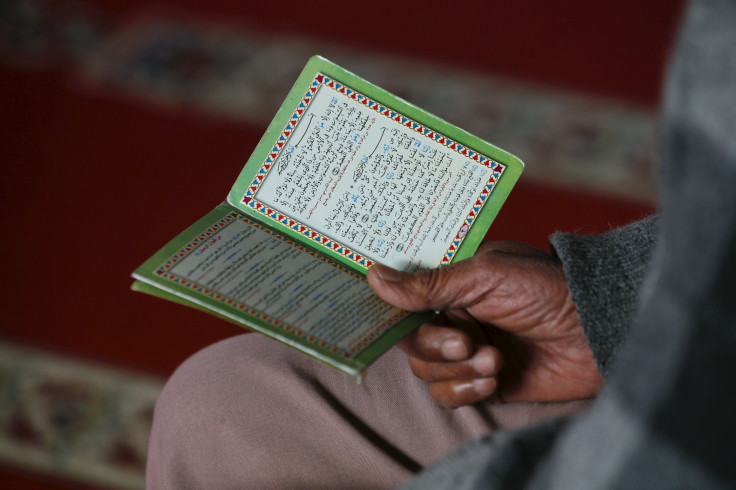Stop ISIS By Banning Mosques? Anti-Immigration Party Claims 'Islam Does Not Belong To Germany' In New Policy Plan

A far-right party in Germany has proposed banning all mosques to halt "the spread of Islamic teachings directed towards the removal of our legal order," the Deutsche Welle news agency reports. The plan was put forward in a 45-page policy document by members of the Alternative for Germany (AfD), an anti-immigration party that won wide support in regional elections earlier this month amid fears over terrorism and the Islamic State group.
The draft policy, titled "Courage to take responsibility," states that "Islam does not belong to Germany." The Quran, the holy book of Islam, is full of "lies and deception," the paper warns. Islam, it states, "has already arrived at its declared path to world domination in 57 out of 190 countries."
The anti-Muslim rhetoric comes as refugees from Syria and other nations have crowded into European nations in recent months, stroking widespread fears about the continent's changing population. Germany took in more than a million refugees last year, many of them from Syria.
Terror threats from the Islamic State group after bloody attacks in Brussels and Paris have also fueled national security concerns. The militants also known as ISIS have claimed responsibility for the mass killings in France and Belgium.
The anti-mosque plan came from a particularly right-wing branch of the party in Lower Bavaria and is unlikely to receive wide support, the Washington Post reported Wednesday. The AfD has been warily watched by national German leaders since its founding 2013 by journalists and economists opposed to the euro.
The plan calls for banning “the construction and operation” of mosques. Germany is home to about 4 million Muslims, the second-largest Muslim minority in Europe after France, and about 184 mosque projects are currently slated for construction.
The party has also called for banning burqas and niqabs in public and urged its followers to abandon any guilt over the nation's Nazi past. “A one-sided focus on 12 unlucky years of our history [1933-45] obstructs our view of centuries, in which a unique culture and state order was created," a recent AfD election pamphlet read.
Alternative for Germany won seats for the first time in three state parliaments in March, largely with help from people who had not voted before, the Guardian reported.
© Copyright IBTimes 2024. All rights reserved.






















